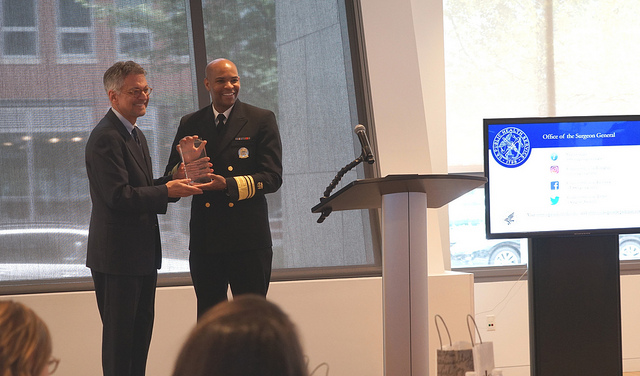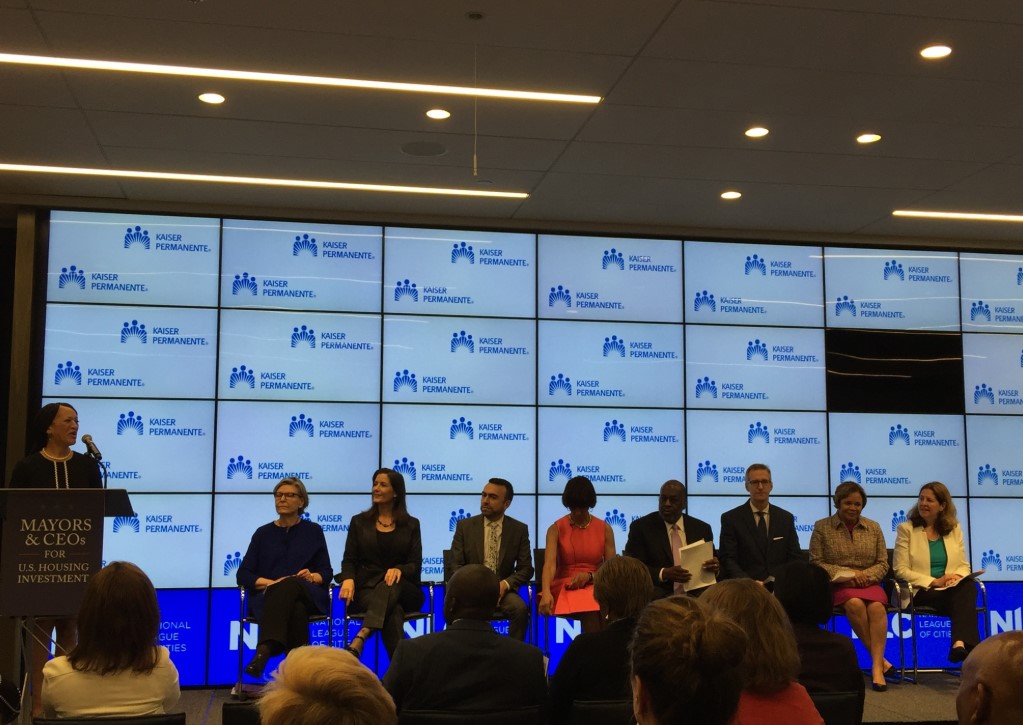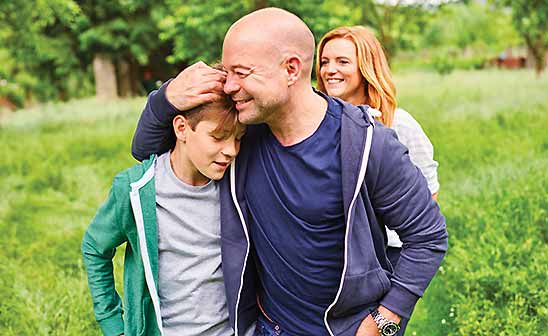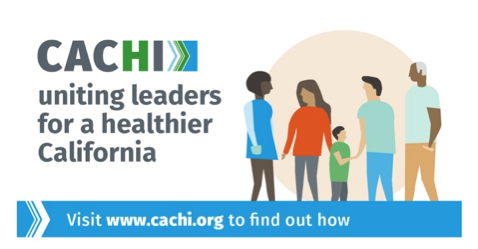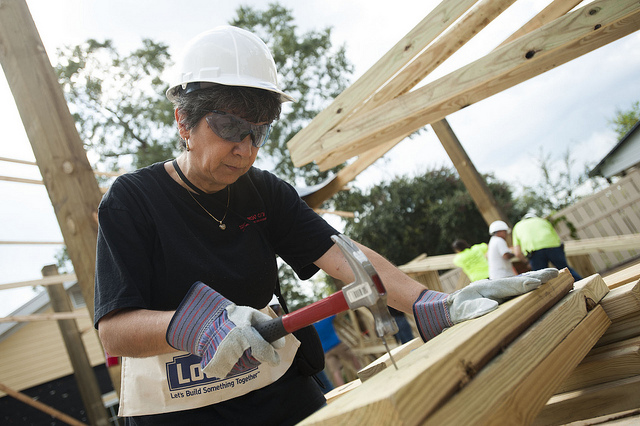
Editor’s note: Kyra Nead is a senior communications consultant in Kaiser Permanente’s Community Benefit organization. Since 2006, the organization has led Kaiser Permanente volunteer teams to the Gulf Coast to repair or replace homes and buildings destroyed by Hurricanes Katrina and Rita in 2005. A team has just arrived in Biloxi, Mississippi. We coaxed Nead into sharing her perspectives on the experience — including how it connects to the total health of Gulf Coast residents. She’ll be publishing several posts to this blog over the coming days. Here is her first.
In the eastern part of Biloxi, Mississippi, tucked away from the obnoxious lights of the newly built casinos and beautiful stretches of sand along the Mississippi Sound, is an organization committed to the health of low-income women.
And if you listen long enough, you’ll begin to hear the noises of saws and power drills, nail guns and hammers.
This might not strike you as a scene for addressing health and, frankly, it didn’t for me at first.
Run by Moore Community House, Women in Construction is a 8-10 week program that has been training low-income women for careers in the construction trades since 2008. The idea was sparked shortly after Hurricane Katrina and the immediate need for construction and rebuilding of their community.
The executive director of Moore Community House, Carol Burnett, quickly jumped on the chance to create Women in Construction. The hope is that it would not only provide low-income women of Biloxi with job opportunities, but a career with high paying potential.
Among many things, a good job comes with the ability to take care of themselves and their families (most of her students are single mothers) and it builds self-confidence and pride. When we talk about a person’s total health (health in mind, body and spirit), what Women in Construction have been doing for hundreds of their students is certainly a key component.
On my first day visiting Women in Construction, I met Shawnna Fox. She is a native of Biloxi and a recent graduate of the program. She is hilarious, bright and energetic, but she says underneath it all she carries deep sadness.
“This is the only thing that keeps me sane” she said, waiving her cigarette at the Women in Construction facility, her voice getting shaky.
Shawnna, 29, is the mother of two. She lives with her 2-year-old daughter and has been fighting a five-year battle for the custody of her 8-year-old son. She said her health began to spiral after she lost her son, falling into a depression and leaning on alcohol, but has gotten significantly better when her daughter was born and then, later, landing at the doorstep at Women in Construction. She is only allowed to have her son visit every other summer and she tells me she is hoping once the court sees that she has gone through the program and has a steady income, she will get custody.
“Shoot, I don’t just want a job, I want my own construction company someday,” she says. “Eventually, I will get it. And I’m going to hire an all–woman crew.”
The strength and confidence of graduates like Shawnna is exactly what Carol Burnett had in mind with Women in Construction.
“The way to make families economically successful is to move them to a place where you either provide something they don’t have to pay for in order to help their income and outflow, or you make them able to earn more to help their income and outflow. We’re doing both.”
A group of Kaiser Permanente physicians and employees are currently in Biloxi, Mississippi, working with Women in Construction to build them a new training facility.
Kaiser Permanente has been involved with community service projects in the Gulf Coast since shortly after Hurricanes Katrina and Rita in 2005. Many of Kaiser Permanente’s workforce and membership have roots in the Gulf and the series of natural and man-made disasters in the region over the years not only impacted the local economy, but created unseen effects on the mental, emotional, and physical health of the communities.
This annual humanitarian endeavor quickly became one of Kaiser Permanente’s signature, program-wide efforts to improve community health.

